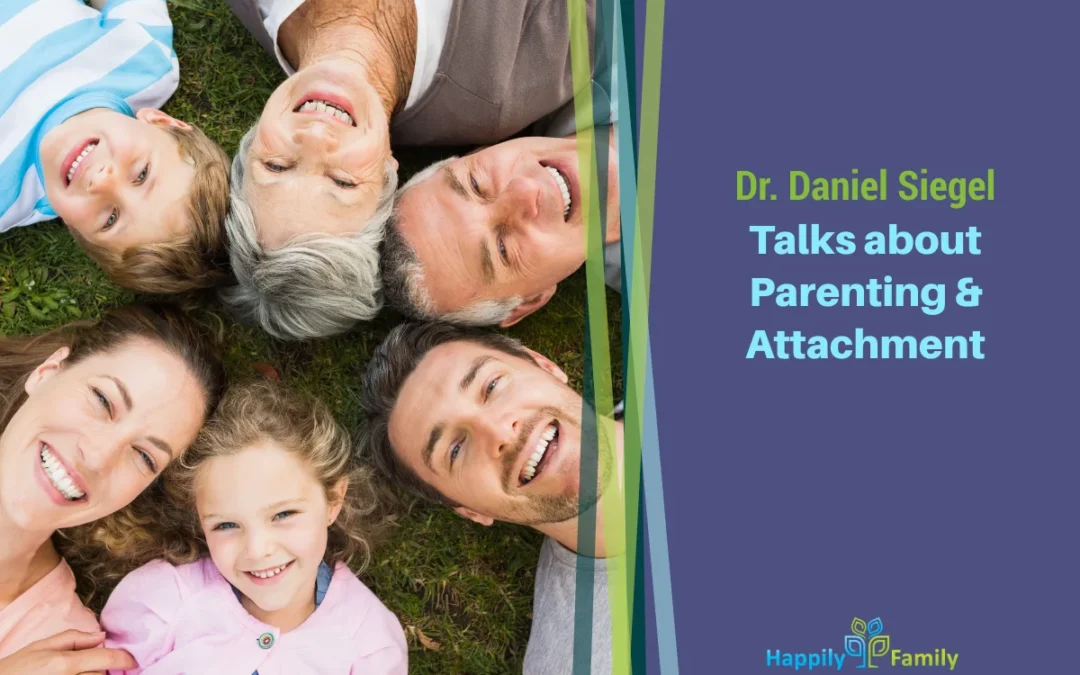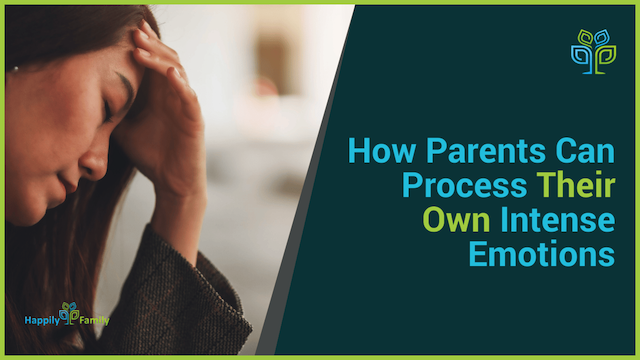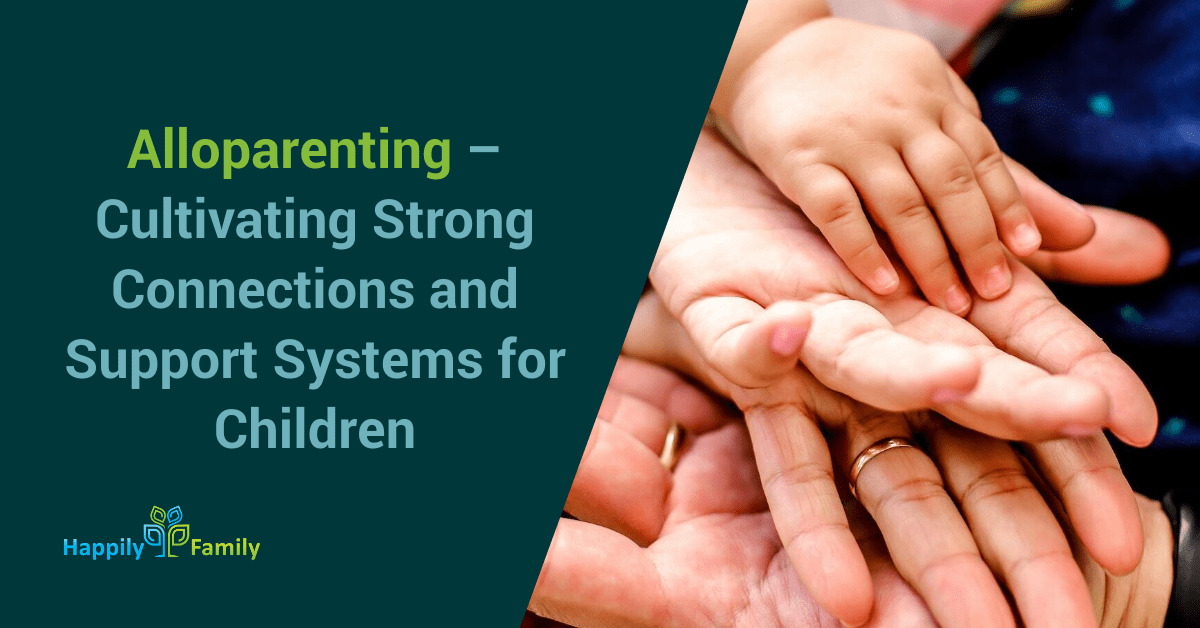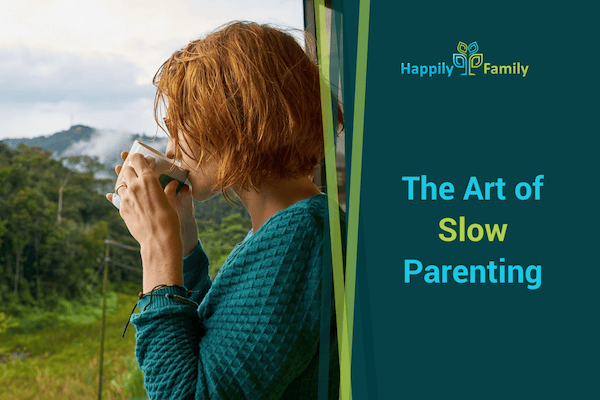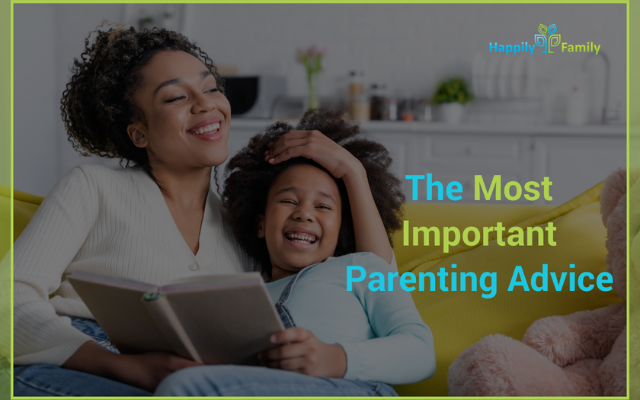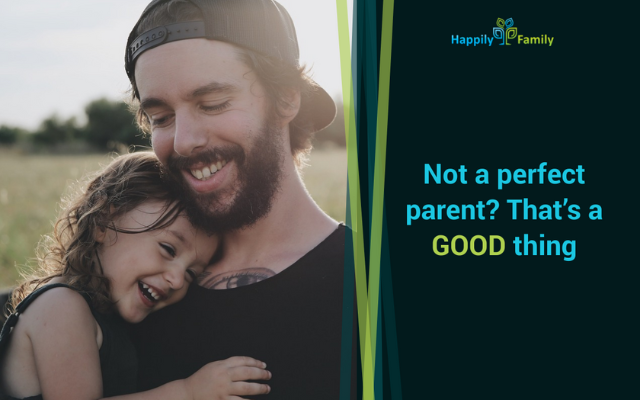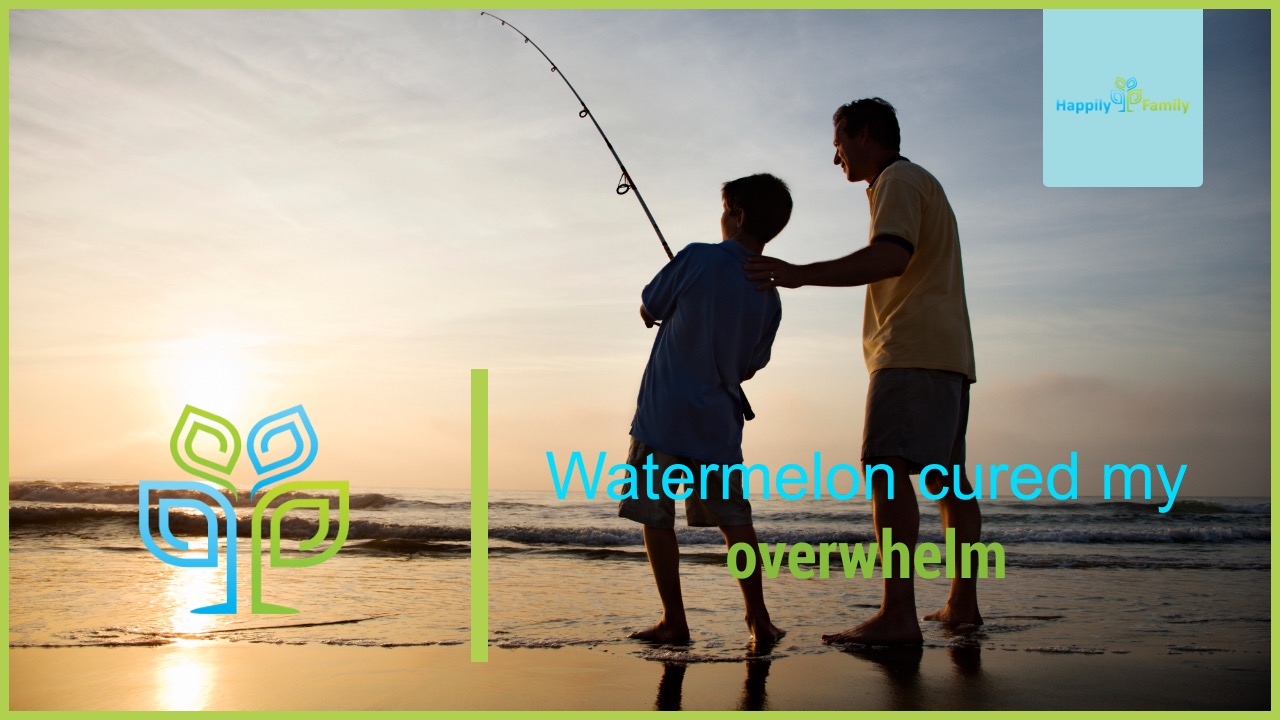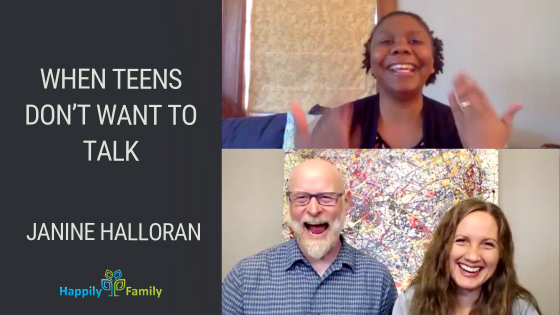Dr. Daniel Siegel, a clinical professor of psychiatry at the UCLA School of Medicine and executive director of the Mindsight Institute, has transformed how we understand parenting through his groundbreaking work on interpersonal neurobiology. He offers insights that can help parents build healthier connections with their children while also understanding their own parenting journey.
Secure Attachment: Is Bigger Than the Mother-Child Relationship
One of the things that Dr. Siegel talked to us about is helping parents understand attachment theory beyond the traditional focus on the connection between a mother and a child. While early attachment research primarily looked at moms and kids, Siegel says that secure attachment is also created through a broader network of relationships.
“Attachment is not just about one relationship,” Dr. Siegel explains. “It's about the quality of relationships within a child's entire social ecosystem.” This means fathers, grandparents, extended family members, caregivers, teachers, and even community members all contribute to a child's sense of security and belonging.
Looking at attachment and parenting through a broader view definitely gave me some hope and relief. For single parents, working parents, or those navigating complex family structures, understanding that children can develop secure attachment through multiple healthy relationships hopefully can remove some of the burden of perfectionism that any single caregiver might feel.
Siegel says that what matters most is that children have consistent, responsive relationships with adults who see and value them. When a child experiences that kind of connection from various caring adults, they develop a fundamental sense that they are seen, safe, and supported in their broader community.
Breaking Intergenerational Patterns: The Power of Making Sense of Your Past
One of Dr. Siegel's most hopeful messages comes from examining research about how the brain responds to and deals with trauma and difficult life circumstances. According to Siegel, the single best predictor of how a person will parent is not what happened to them in childhood, but rather how much they've made sense of those experiences.
Difficult childhood experiences don't doom anyone to repeat those problematic patterns in their current family. The research suggests that parents who have reflected on and processed their own childhood experiences—even very difficult ones—are able to form secure attachments with their children that are similar to people who had happy, more connected childhoods.
“What we've discovered is that how you make sense of your life is actually more important than what happened to you,” Siegel says. This process, creating a “coherent narrative,” includes understanding how your past experiences have shaped you and developing the capacity to respond thoughtfully rather than react automatically based on old patterns.
For parents, if you worry about repeating the mistakes you experienced in your own upbringing, this offers a path forward. By reflecting on your experiences, maybe with the help of a therapist or on your own, parents can develop what Siegel calls “earned secure attachment”—the ability to provide security and attunement to your children even if you didn't consistently receive it yourself as a child.
The Art of Repair: Healing Ruptures in the Parent-Child Relationship
No parent is perfect, and we don’t need to be. Dr. Siegel says that perfection isn't necessary for healthy development. What matters more is your ability to recognize when disconnections happen and actively work to repair them.
“The rupture is inevitable, but the repair is what's essential,” Siegel says. These moments of repair—when a parent acknowledges a mistake, takes responsibility for their actions, and works to reconnect with their child—actually become powerful opportunities for growth and learning.
When parents repair, they model several crucial skills, and children learn that relationships can weather difficulties and emerge stronger—a lesson that builds resilience for all their future relationships.
Siegel tells us that repair isn't just saying “I'm sorry” and moving on. Effective repair involves:
- Acknowledging what happened
- Taking responsibility for one's part
- Listening to the child's experience without defensiveness
- Making amends where possible
- Discussing how things might go differently next time
This process teaches children that they are worthy of respect and that healthy relationships involve accountability and growth. It also helps parents develop what Siegel calls “response flexibility”—the ability to pause between feeling triggered and taking action, creating space for more intentional responses.
Interconnection: The Foundation of Human Experience
Throughout his work, Dr. Siegel returns to a fundamental truth: humans are inherently interconnected beings. His concept of “MWe” is the balance between “Me” (individual identity) and “We” (our connections to others). Healthy development requires both differentiation (developing a strong sense of self) and intra-connection (with others).
“We're wired to connect,” Siegel explains. “Our brains light up in the context of relationships.” This understanding transforms how we approach parenting, moving us away from viewing children as isolated individuals who need to be shaped and toward seeing them as relational beings who grow through connection.
This perspective on human interconnectedness is bigger than the family. Siege talks about how secure attachment and emotional connection help prepare children to participate meaningfully in bigger communities. Children who experience attunement at home are better equipped to attune to others, creating what Siegel calls a “resonance circuit” that allows for deeper understanding and empathy.
By fostering secure attachment, helping children develop integrated brains, and modeling repair when needed, parents contribute not just to their children's well-being but to the health of our collective future. As Dr. Siegel puts it, “How we parent today shapes not just our children's brains but the world they will create tomorrow.”
Bringing It All Together: Parenting with Presence and Purpose
Dr. Siegel teaches a hopeful and practical approach to parenting that honors both science and lived experience. By understanding that secure attachment emerges through multiple relationships, that we can transform our past through reflection, that repair strengthens rather than weakens relationships, and that we are fundamentally interconnected, parents can approach their role with greater confidence and clarity.
The goal isn't perfection but presence—showing up with authenticity, responding with care, and growing alongside our children. In doing so, we not only nurture healthier, more resilient children but also contribute to a more compassionate and connected world.
As Dr. Siegel reminds us, “The best gift you can give your child is your own development.” By paying attention to our own growth and healing and making sense of our past, we create the conditions for our children to thrive, break old patterns and build new possibilities for future generations.
What aspects of Dr. Siegel's work have been most meaningful in your parenting journey? Share your experiences in the comments below.

